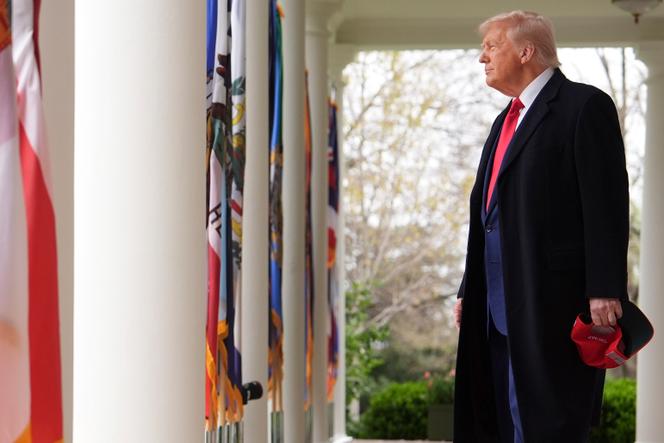


A panel of US federal judges on Wednesday, May 28, suspended the tariffs imposed by Donald Trump on his self-declared "liberation day" on April 2. On that day, Trump had announced so-called reciprocal taxes of at least 10% on most of the world, along with higher tariffs on Canada, Mexico (25%) and China (20%), three countries he has accused of failing to stop fentanyl trafficking to the United States.
The three-judge panel of the little-known US Court of International Trade, based in New York, ruled that the International Emergency Economic Powers Act (IEEPA) of 1977, invoked by Trump, did not give him the authority to impose such sanctions. "The court does not read IEEPA to confer such unbounded authority and sets aside the challenged tariffs imposed thereunder," the judges ruled. The case was filed by five companies and by 12 US states, led by Oregon.
Stephen Miller, Trump's most hardline adviser, immediately denounced the ruling: "The judicial coup is out of control," he said. One of the judges had been appointed by Republican Ronald Reagan, and another by Trump himself. That did not stop Kush Desai, a White House spokesperson, from also criticizing what he called illegitimate judges. "It is not for unelected judges to decide how to properly address a national emergency," he said.
You have 79.71% of this article left to read. The rest is for subscribers only.
